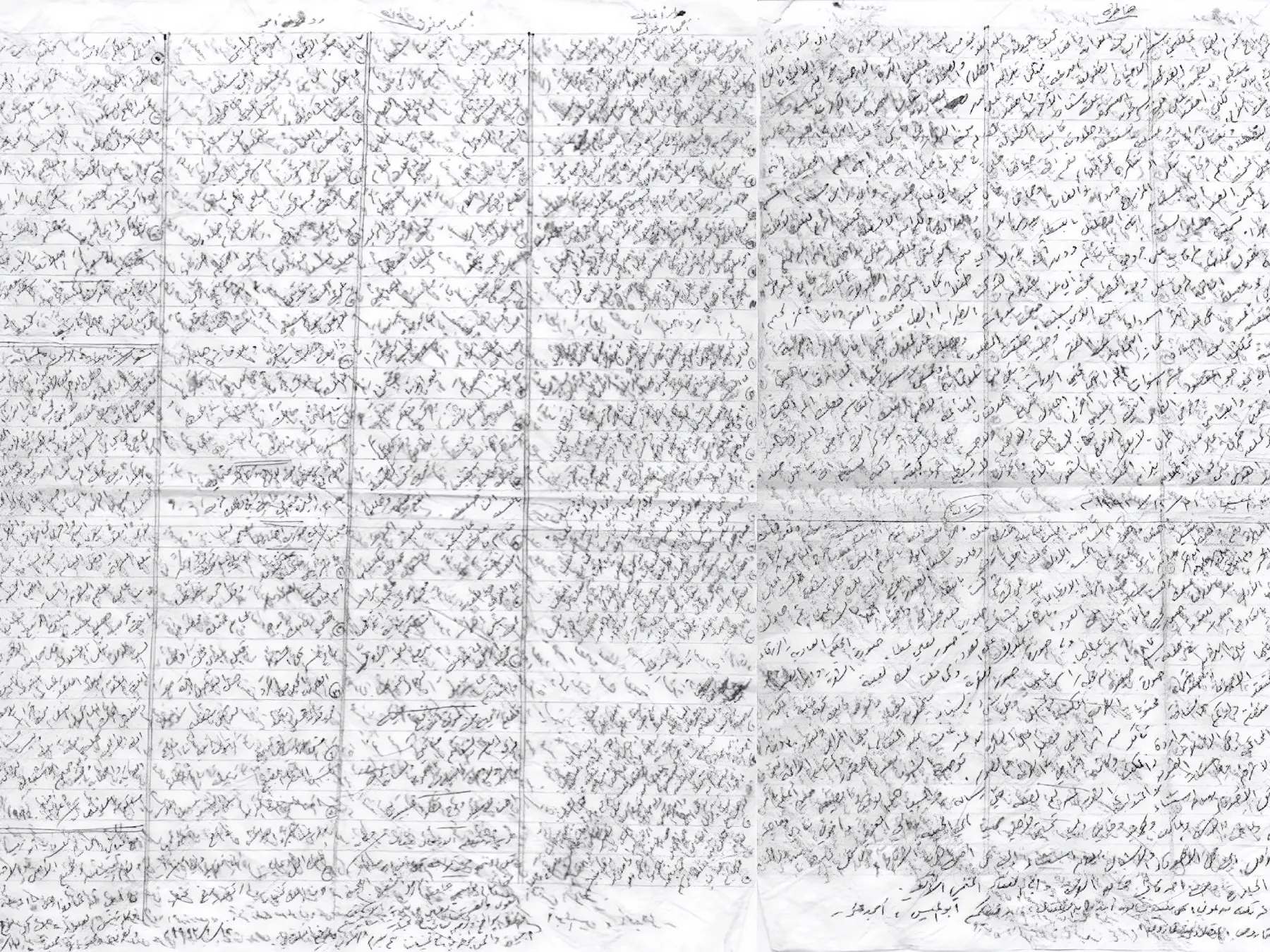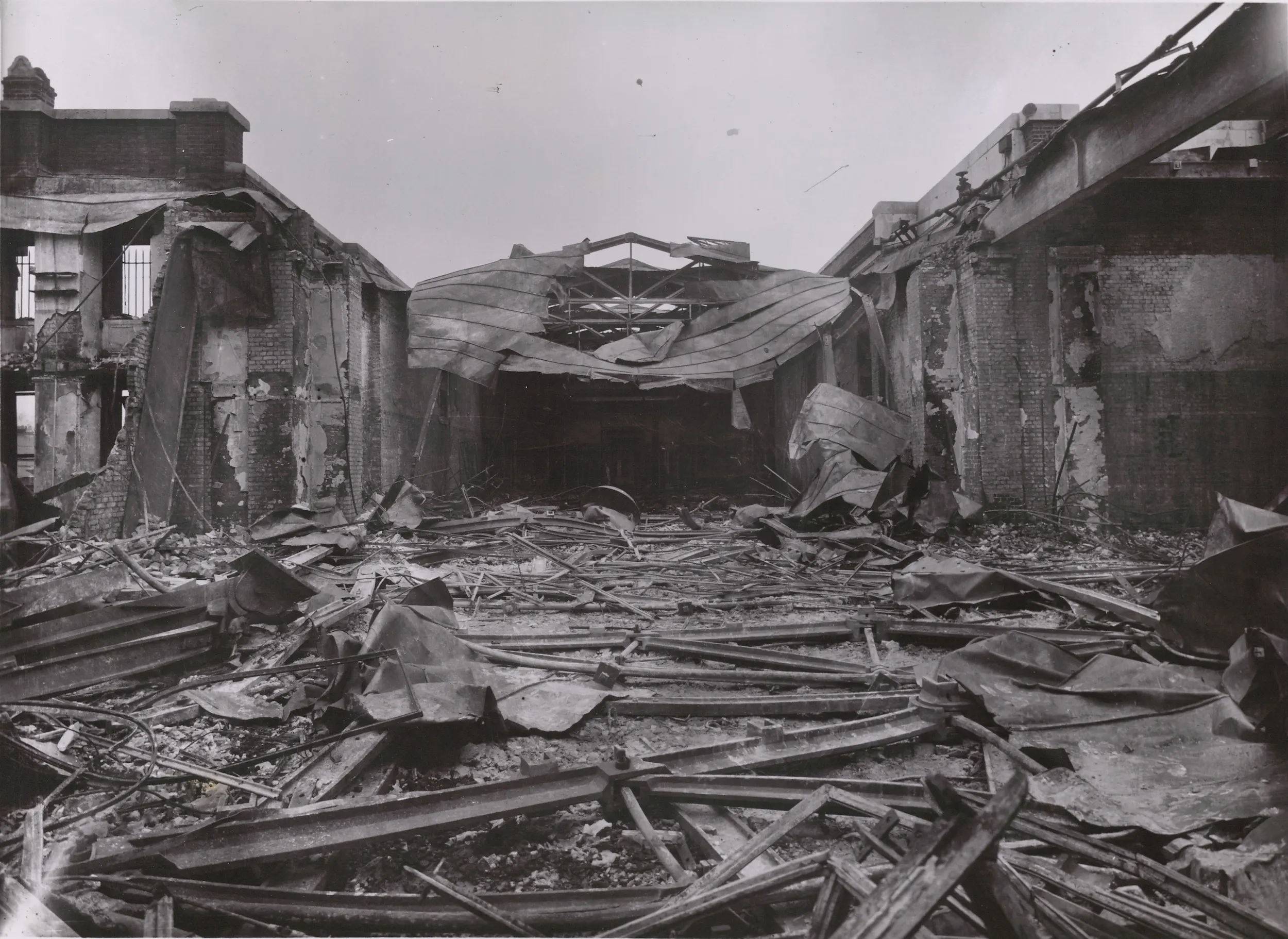The secrets of sending money home, of redistribution, starts as an urgent whisper in another room: your father is on the phone, thinking that no one is around. He’s sending money home again—out of guilt, you’d imagine—as one of the older sons. A house is being built, somewhere, one he’ll probably never see until he stops working, which is probably never. You hear careful pauses, a script unrolling, subtle phrases unlocking new branches of a long tree. Somewhere, a network is accessed. Maybe you’ve heard it running in place despite each decade’s new developments: a war, or two, banks commandeered, or, new tactics of neo-colonial hegemony. Maybe the cost for him matches the sacrifice of coming from a world away. You wouldn’t leave everything you know for anything less than this redistribution. There is always a bypass around the center.
In the last few years, we’ve heard these ideas called new: finding a way around banking regulations; cutting through bureaucracy, and sidestepping laws. Like so many technological innovations, the ideas are ancient ones rebranded. What was a threat to the state becomes a promise of liberation.
The vernacular of your father’s calls have their own simple rhythm. It almost sounds like nothing is happening. On paper, it is equal to nothing being transferred at all, not in any way that can be traced. The affect of the call is breathtakingly casual, considering it extends over a distance of two solid days by plane with a person he’s never met. The sums entrusted to this stranger seem improbable. The tenuous delicacy seems too much of a risk. But the system rests on a mutual double bind: the stranger is trustworthy because they’ve not been revealed to be otherwise, that they’ve established trust through this script many times before. If the chain is broken, word will get back. The stranger will be out of commission.
Here, to move and exchange outside a system is bound up in relational methods and social tokens: in understanding that monetary exchange is, somehow, just a surrogate for what can be better equalized through a fairer system, or a more distributed global exchange of capital. There’d be, ideally, corrections for war and colonial pillage, the coffers of nations restored. Gold stores replenished. Certain treasuries reconstructed. Certain invasions undone. The rebalance that would make for a system that didn’t require finding so many workarounds.

In place of this fantasy reform in a hyper-capitalist world that only recreates and intensifies the methods of the past, cash-based reparations become interpersonal proposals for an iterative, modest form of correction the state doesn’t provide. The coins of remittances sent from work sites abroad become a way to balance the scales. Broken up into billions of piecemeal transactions, their methods cannot become one hero’s story of innovative change. Still, they remain defiant. Defiance is a way to think of these microsystems in terms of belief and trust, instead of fraud and danger and illegitimacy. What is illegitimate in relation to an illegitimate state?
Hawala, then, as a nearly illegible practice, shows a real warmth to its exchanges that take place below, beneath, and outside, on lines gone dead. Its precarious methods amount to billions of dollars. With its own guidebooks and coded languages, it forms minor ecologies of collaboration which replicate structures very close to an ancient peer-to-peer network of sharing information. Not a blockchain in the mix, but exchanges necessary for asylum seekers, for refugees, for migrant workers, for soon to be climate-change exiles, for digital nomads of all kinds, for precarious app-labor. Hawala serves their sovereignty over their own lives, their own communities and families, and it will continue even as servers churn and heat under the banner of Web3.
Just as Web3’s claims and abstractions must be tied to a material analysis, so too should a system like hawala. Any decentralized system should have its claims to be outside the center—and its own possible reestablishment of a center—examined. To understand the politics of the current moment through the history of hawala is to demand more of Web3’s wildest utopian propositions. What are today’s decentralized governance models doing to dismantle inequity through the whole system? What do they do to reinforce the center and perpetuate inequity? What would a true decentralized system do to the center?
When your father calls the hawaladar, they become a unit that defies probability; they make a calculus and art of producing belief. A tiny miracle. They establish an understanding. Faith, suspended. Pressure falls on the nuanced inflections of their conversation, an equally ancient art form of establishing conspiracy between two strangers. When I meet you, strange client, I coax you into believing I will ferry your funds to their destination. My reliability as a hawaladar rests on your trust in my reputation; to betray it is to lose my only currency. This decentralized exchange, taking place in illegible quiet backchannels, suggests a distribution contingent upon weird intimacy.
The transaction becomes as unlikely as the reason for it. The client left a village and is now situated with an address and a name a world away. Here is a system that, when unlocked and decoded, allows a transfer without record, held only in the mind. The memory of a former home that will soon be referenced in statements and asides like, “I haven’t been there in ten years.” “I haven’t been there in twenty years.” “It’s been … oh [a beat] thirty years?” “Yes; I missed my mother’s funeral. I missed my father’s funeral, too.” And still, he picks up to call, to reestablish the node, the groove, nothing traced or encoded or made eternal; only memory stores. The memory maintains a sense of self moving across time across the traumatic break, away from a war, a crisis, a reason to leave, an idea that drew one away. Life elsewhere that would be better, a mirage substantial enough to hurtle oneself at it. Shotput.
A decentralized model moves to dismantle the logic of extraction and oppression that made it necessary in the first place. By localizing exchange in a highly accountable network where agents are ethically bound, the agents are accountable to one another, and further to the community flung around the world that depends on them. Having neither a ledger nor a trace strengthens the distributed trust. Trust in common, thecommons established by the script, its double and triple meanings, encodings.
Hawala holds traces of rangier, more fractal, modular, re-composable, evolving technologies of belief, exchange, and distribution, that are rooted in context, in the realities of inequity. A reciprocity that just sounds like two people passing time, doing something of no note, a minor happening on one day, a little call about a thing he has to take care of.
Editor’s Note: This text was commissioned as part of Decolonial Hacker’s online screening of Shobun Baile’s Trust Study #1 (2020), which occurred between 28 June—12 July 2022.


